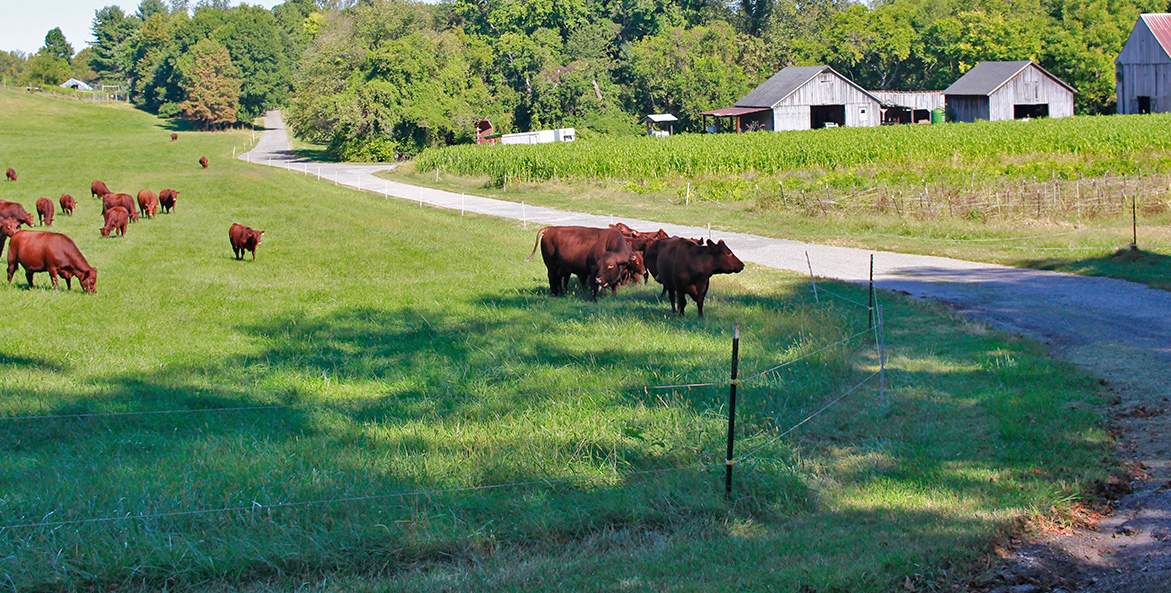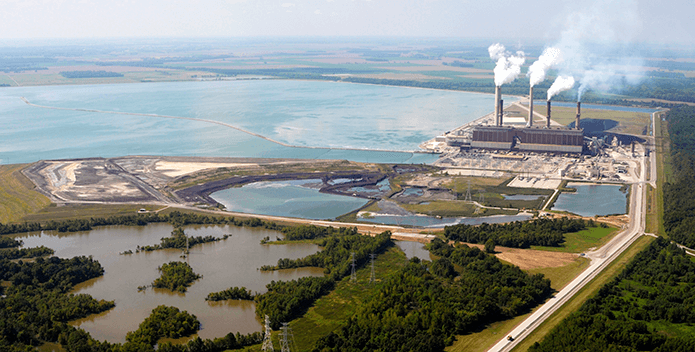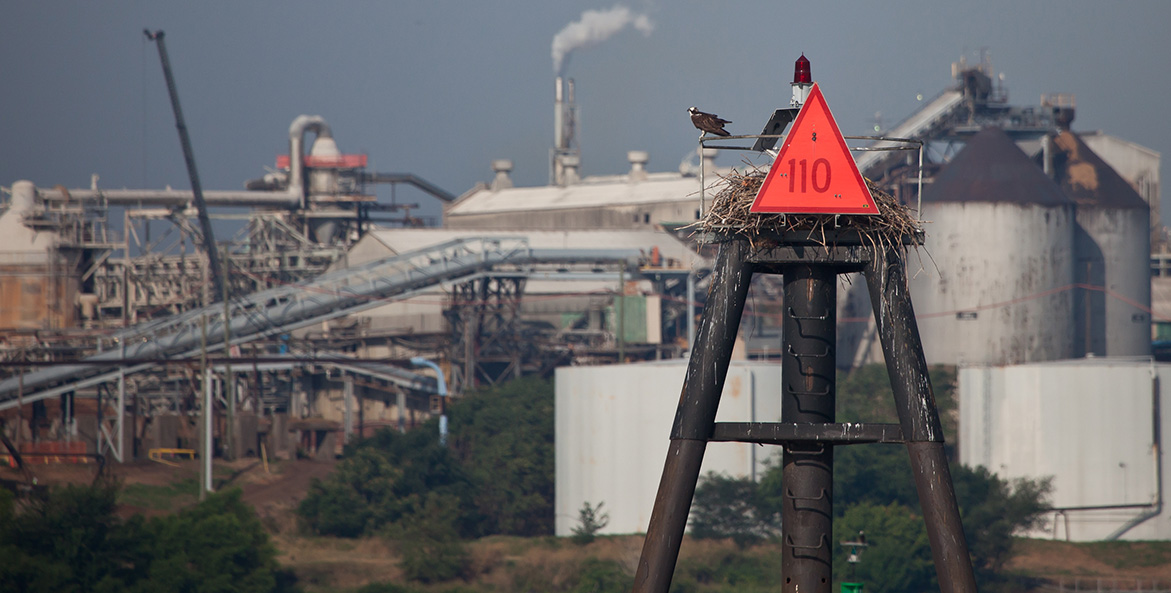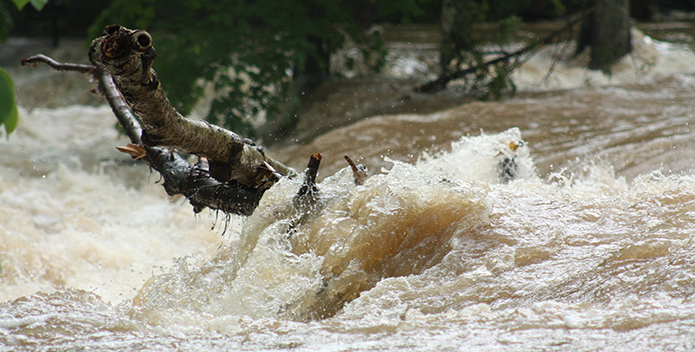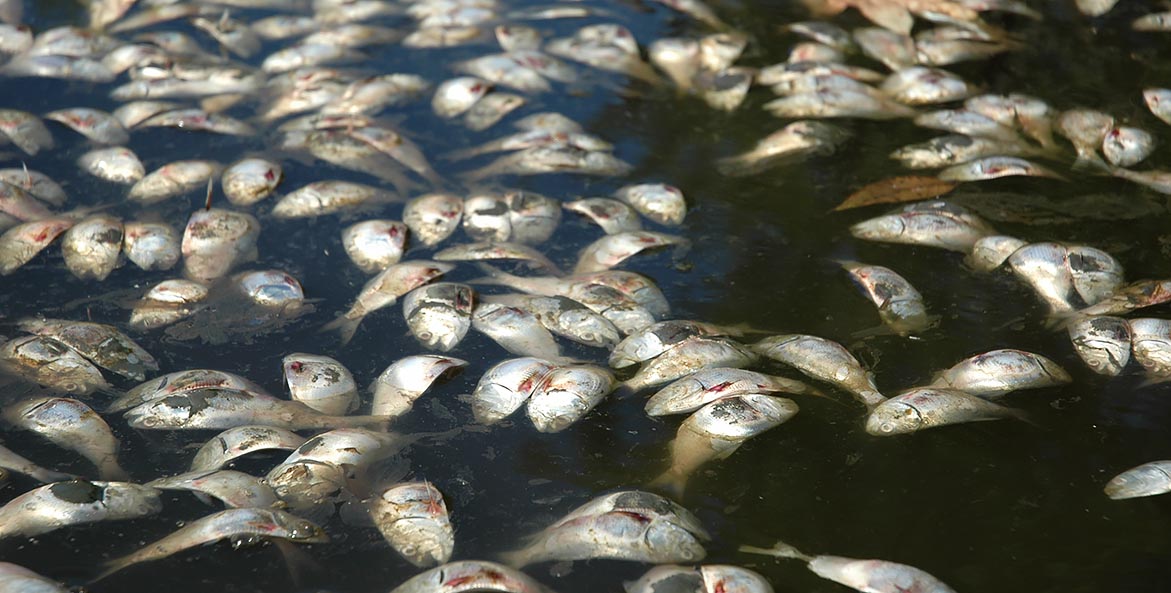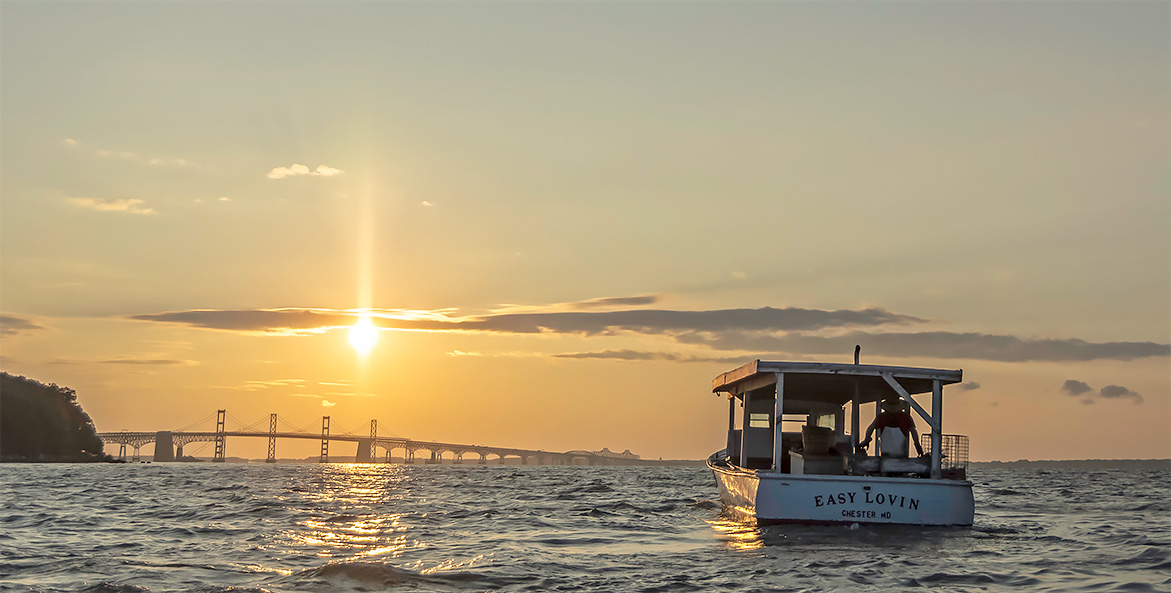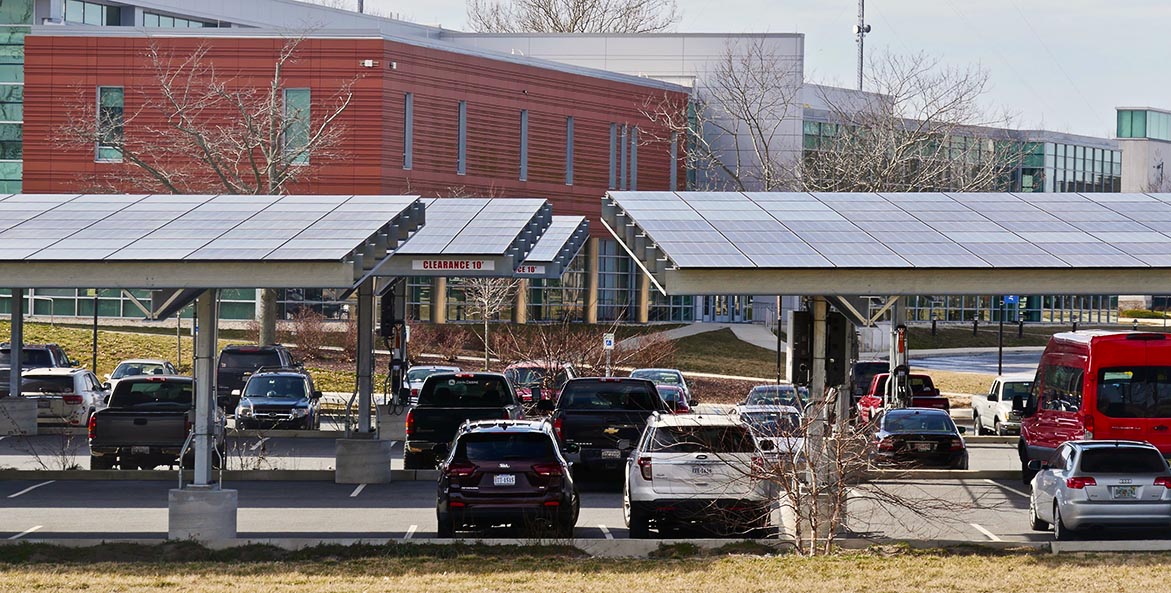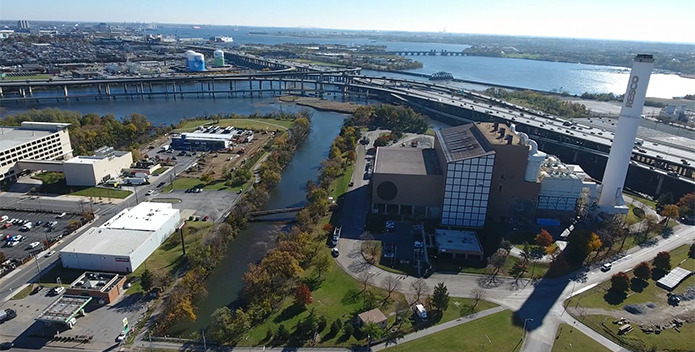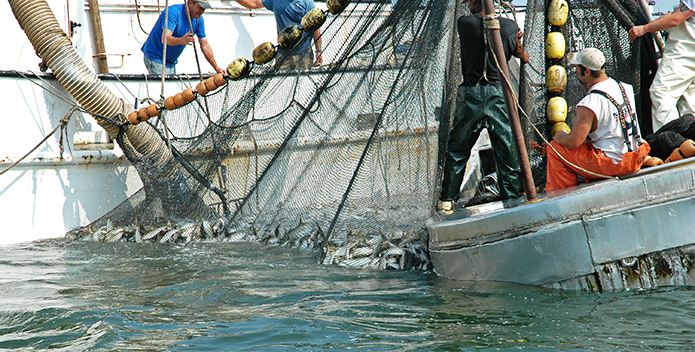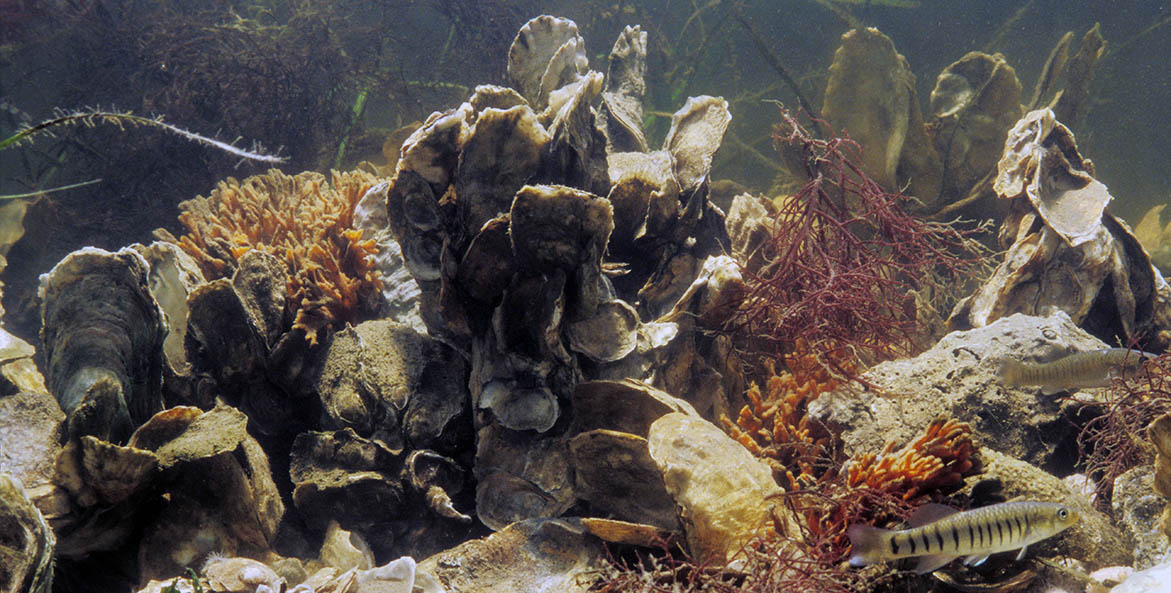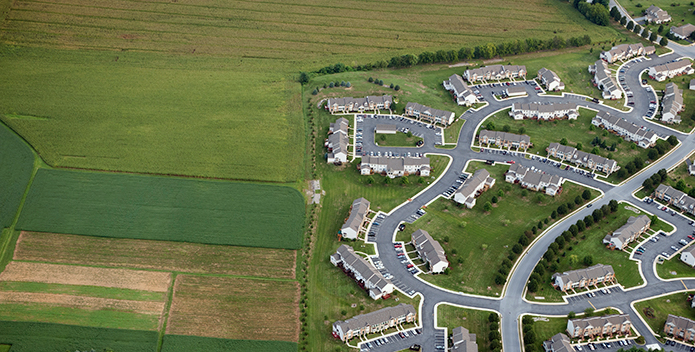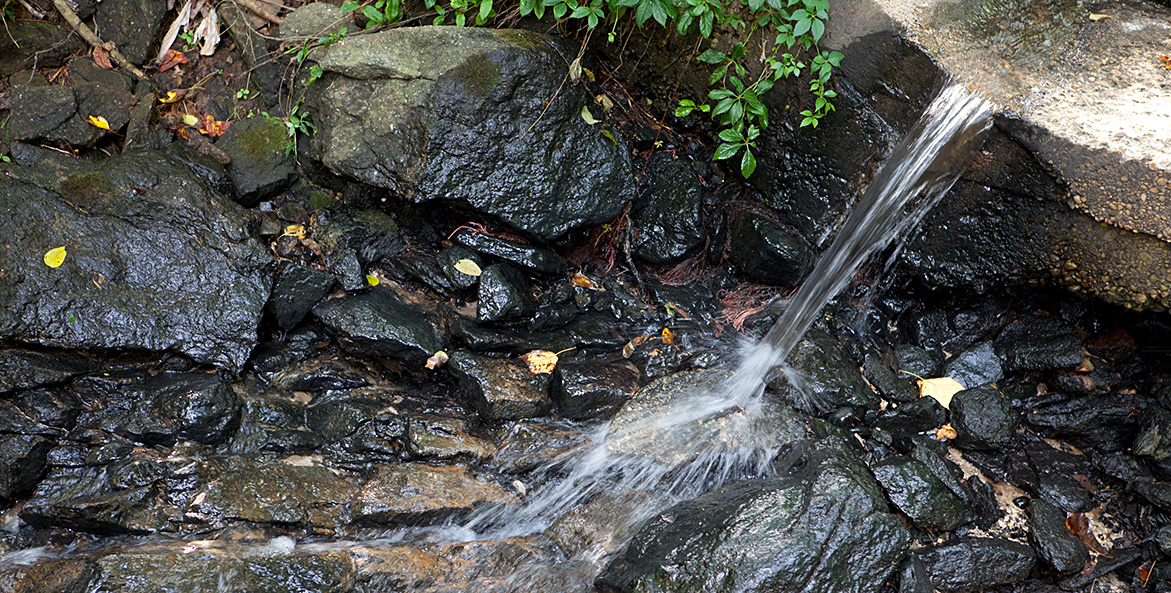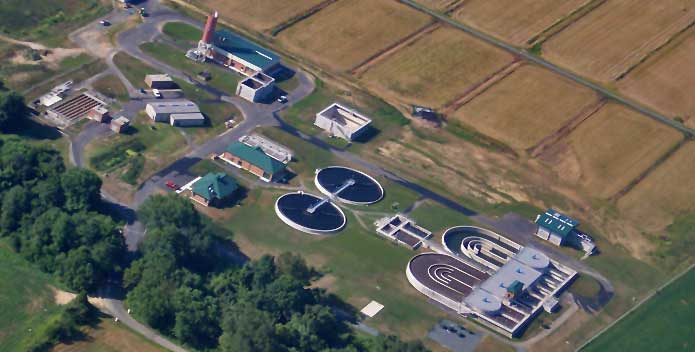The Issues
Home to more than 18 million people and 3,600 species of plants and animals, the Chesapeake Bay watershed is a vast, rich, and complex system. And the issues it faces, from polluted runoff to dead zones, are equally complex. Learn more below.
-
Agriculture
What role do farms and agricultural production play in the health of our waters?
Read More -
Air Pollution
Learn more about air pollution and how it affects the Chesapeake Bay each year, home to more than 3,600 plants and animals.
Read More -
Chemical Contamination
Chemical contaminants in water do not break down easily and persist in the environment for many years, impacting not just fish and birds, but humans as well.
Read More -
Climate Change
How are warmer waters and temperatures experienced across the globe impacting the Chesapeake Bay?
Read More -
Dead Zones
Learn more about the Chesapeake Bay dead zone, what causes dead zones, and how dead zones affect plants, animals, and humans in the Chesapeake Bay watershed.
Read More -
Economy & Human Health
From providing an important source of drinking water to supporting a seafood industry that sustains families and generations-old ways of life, the Chesapeake Bay watershed is an integral part to the human health and wealth of more than 18 million people.
Read More -
Environmental Justice
Clean water, clean air, and a safe environment are rights we all share. Here are just a few of the ways CBF is working to ensure that everyone has equal access to clean water, clean air, and a safe environment.
Read More -
Habitat Loss
Habitat loss is the biggest threat to the 3,600 species that call the Chesapeake Bay watershed home
Read More -
Runoff Pollution
Learn why runoff pollution is one of the most harmful sources of pollution and what we can do to help the Chesapeake Bay, home to more than 3,600 plants and animals.
Read More -
Sewage & Septic Systems
Upgrading wastewater treatment is critical to cleaning up the Bay and its rivers and streams.
Read More

